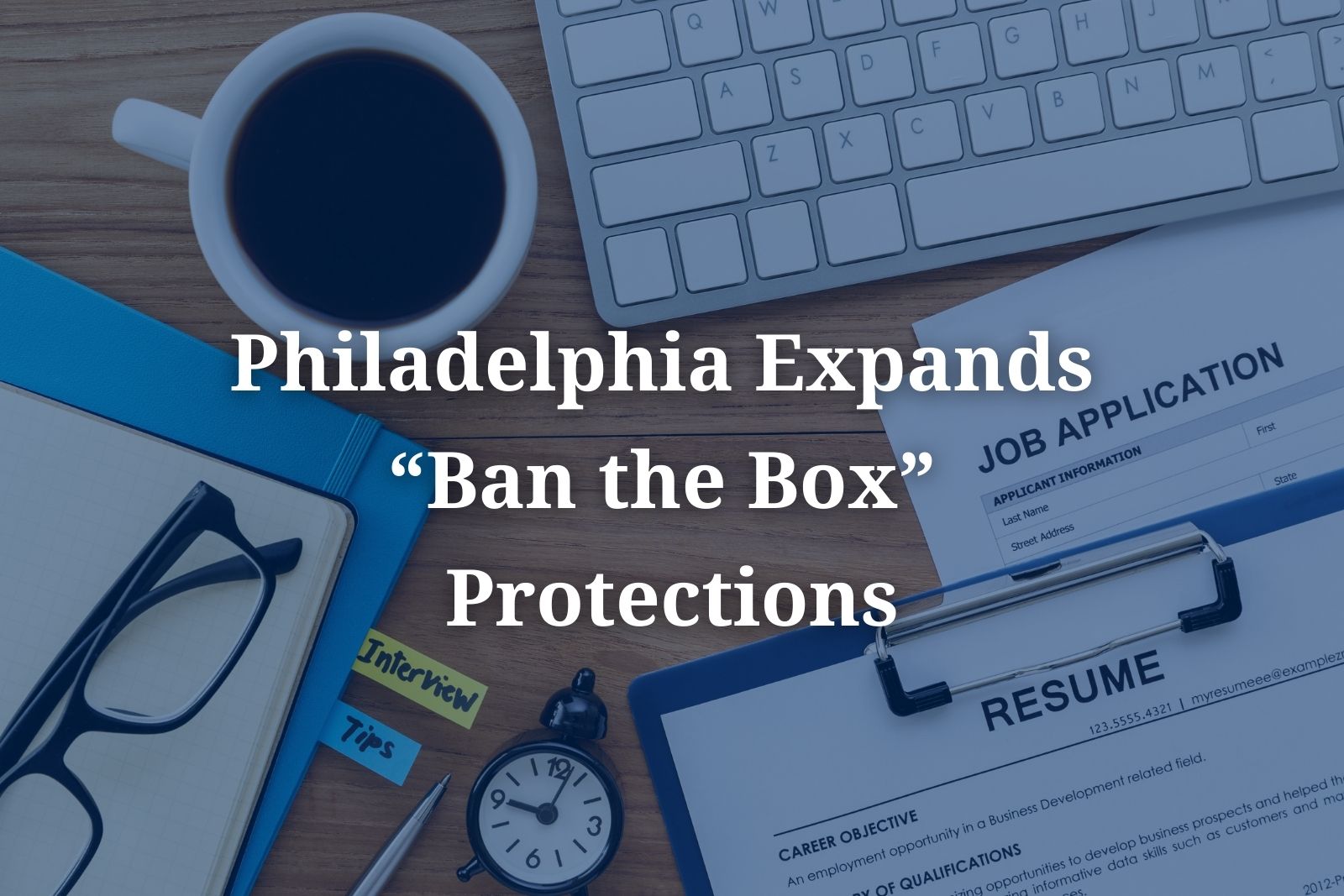Para ver este video en español, haga clic aquí.
If you are being harassed by debt collectors and/or receiving robocalls from debt collection agencies whether you owe the debt or not, you may have a case. Fill out the form on this page or call us at 1-877-735-8600 to get a free case evaluation. We are consumer protection attorneys. We know the laws and will fight for you against illegal, harassing, debt collection practices.
What Rights Do I Have When a Debt Collector or Creditor is Trying to Collect Money From Me?
Your rights are protected under the Fair Debt Collection Practices Act (FDCPA). Below is a frequently asked questions overview of what a debt collection agency or creditor legally can, or cannot do, in their efforts to collect money from you. Know your rights when you’re dealing with debt collectors. They must follow the law. If not, you could sue the debt collector for violating consumer protection laws.
What Types of Debt Collection Practices Are Not Allowed?
Harassment
Debt collectors may not harass, oppress, or abuse you or any third parties they contact.
Debt collectors may not engage in any of the following while attempting to collect:
- Use threats of violence or harm
- Publish a list of consumers who refuse to pay their debts (except to a credit bureau)
- Use obscene or profane language
- Repeatedly use the telephone to annoy someone
- Call before 8 AM or after 9 PM
False Statements
Debt collectors may not use any false or misleading statements when collecting a debt. For example, debt collectors may not:
- Tell you that they are attorneys or government representatives, when in fact, they are not
- Falsely imply that you have committed a crime
- Misrepresent that they operate or work for a credit bureau
- Misrepresent the amount of your debt
- Indicate that papers being sent to you are not legal forms when they in fact, are
- State that you will be arrested if you do not pay your debt
- Threaten to seize, garnish, attach, or sell your property or wages, unless the collection agency or creditor intends to do so, and it is a legal action
- Threaten that actions, such as a lawsuit, will be taken against you, when such action legally may not be taken, or when they do not intend to take such action
- Give false credit information about you to anyone, including a credit bureau
- Send you anything that looks like an official document from a court or government agency and is not an official document.
- Use a false name in their attempts to collect your debt.
Unfair Practices
Debt collectors may not engage in unfair practices when they try to collect a debt. For example, collectors may not:
- Collect an amount that is greater than your debt, unless your state law permits such a charge
- Deposit a post-dated check early or use deception to make you accept collect calls or pay for telegrams
- Take, or threaten to take your property unless this can be done legally, or contact you by postcard
Can a Debt Collector Use an Auto-Dialer or Make Robocalls to My Cell Phone?
The TCPA is the Telephone Consumer Protection Act, which was passed into law in 1991. The Federal Communications Commission (FCC) issued rules and regulations implementing the TCPA which then went into effect on December 20, 1992.
In general, consumers who have received prerecorded, automated or auto dialed calls to cell phones from debt collectors or creditors may bring suit against the entity making those calls if the consumer has not given that entity express consent to call them on their cell phone.
If a company violates the TCPA the statute provides for statutory damages, generally from $500 to $1500 for each violation.
Can I Stop a Debt Collector From Contacting Me?
You can stop a debt collector from contacting you by writing a letter to the collector telling them to stop.
Once the debt collector receives your letter, they may not contact you again, except to tell you there will be no further contact, or to notify you that the debt collector intends to take some specific action.
Sending a letter to a debt collector that you actually owe money will not get rid of this debt, however. You could still be sued by the creditor or collection agency.
Can a Debt Collector Contact Anyone Else About My Debt?
The debt collector must contact your attorney, if you have one, rather than you. If you do not have an attorney, a collector may contact other people, but only to find out where you live, what your phone number is, and where you work.
Also, collectors are only allowed to contact a third party once. In most cases, the collector may not tell anyone other than you and your attorney that you owe money. However, a debt collector may not disclose to anyone other than you or your spouse, anything about the alleged debt.
Can a Debt Collector Contact Me at Work?
Initially, yes, but if you tell them (orally or in writing) that you are not allowed to get calls at work, they may NOT call you back at work.
Can I Dispute a Debt at Anytime?
Yes, you can dispute any aspect of the alleged debt, orally or in writing and at any time. Also, if you do dispute the debt and the collector reports to credit reporting agencies, they must list the debt as “disputed” on your credit reports.
What Can I Do If a Debt Collector Has Violated the Law?
You have the right to sue in a state or federal court within one year from the date the law was violated. You may recover money for the damages you suffered including emotional stress.
Also, you can sue for statutory damages up to $1,000 for each violation if you prove a violation under the law.
Finally, court costs and attorney’s fees can be recovered. A group of people also may sue a debt collector and recover money for damages.
What Information Must Debt Collectors Tell Me About a Debt?
The collector must send you a written notice telling you the amount of money you owe within five days after you are first contacted.
This information must include the name of the creditor to whom you owe the money, and how to proceed if you believe you do not owe the money.
Can a Debt Collector Continue to Contact Me if I Believe I DO NOT Owe Money?
A collector may NOT contact you if, within 30 days after you receive the written notice, you send the collection agency a letter stating you do not owe money.
However, a collector can renew collection activities if you are sent actual proof of the debt, such as a copy of a bill for the amount you owe.
What Rights Do I Have If a Debt I DO NOT Owe is Reported on My Credit Report?
The Fair Credit Reporting Act is a federal statute, enacted in 1970 to protect the rights of consumers, and regulate the practices of those who provide information to the credit reporting agencies, the agencies themselves and credit report users.
The FCRA states that a consumer can make a legal claim against, and sue the credit reporting agencies, creditors and debt collectors who report information that is wrong.
If your credit report is wrong through no fault of your own, we can help. We offer a free case review and can assist you in pursuing a claim against those who fail to comply with the FCRA.
The Fair Credit Reporting Act offers specific consumer protections if you have been victimized by the crime of identity theft. Our consumer protection lawyers will do whatever can be done to ensure your credit and good name are not destroyed by the credit reporting agencies and your creditors, should this happen to you.



